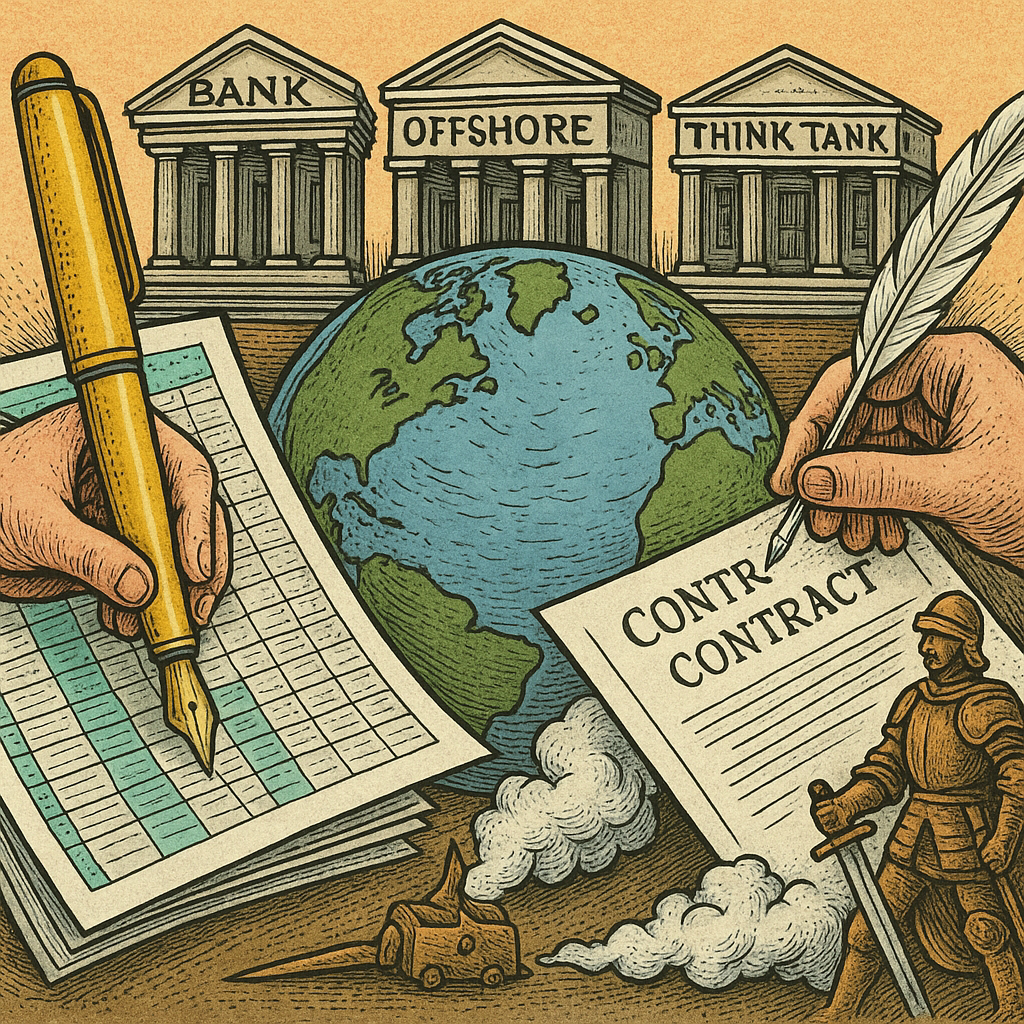No posts with label @FinancialCrisis. Show all posts
No posts with label @FinancialCrisis. Show all posts
Main topics are life and times in S E Asia, investing and making a steady income out of the stock exchange, brexit-an old topic now, covid-another old topic
6 July 2025 Yesterday, we looked at Britain's influence over Washington . In this post, we shall consider the view that “all that’s left...
